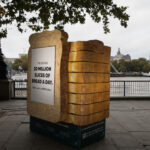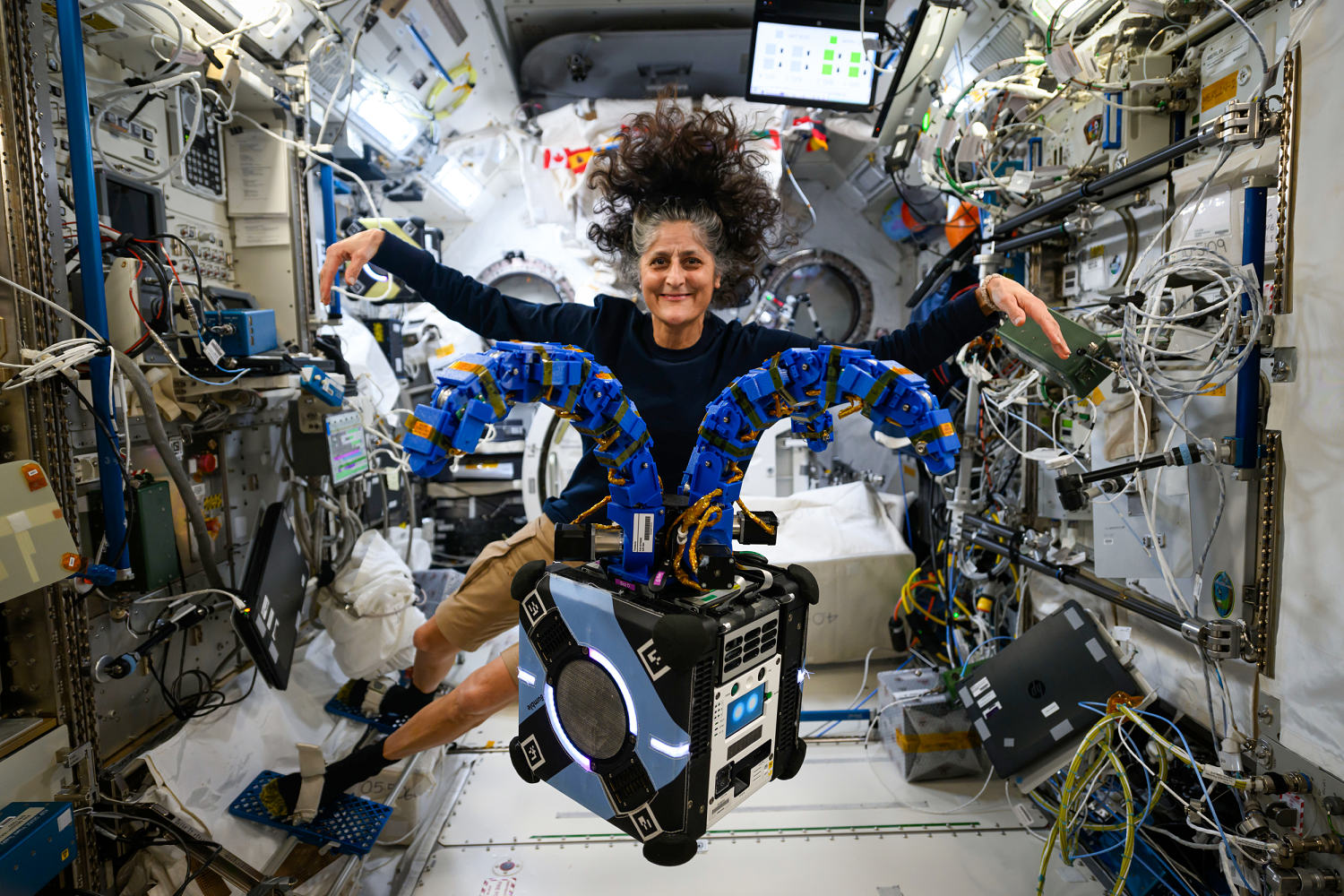An international group of astronomers has joined calls to create a standard for keeping time on the moon, where seconds tick by faster. As more countries and private companies set their sights on future lunar missions, astronomers want to ensure perfect synchrony with a unified clock. The International Astronomical Union voted Thursday encouraging space organizations across the globe to collaborate on a timekeeping standard. The U.S. and Europe have similarly called for such a standard. Astronomers are still in the early days of determining exactly how lunar time will tick. An international group of astronomers has joined calls to create a standard for keeping time on the moon, where seconds tick by faster. As more countries and private companies set their sights on future lunar missions, astronomers want to ensure perfect synchrony with a unified clock. The International Astronomical Union voted Thursday encouraging space organizations across the globe to collaborate on a timekeeping standard. The U.S. and Europe have similarly called for such a standard. Astronomers are still in the early days of determining exactly how lunar time will tick. AP Technology and Science







